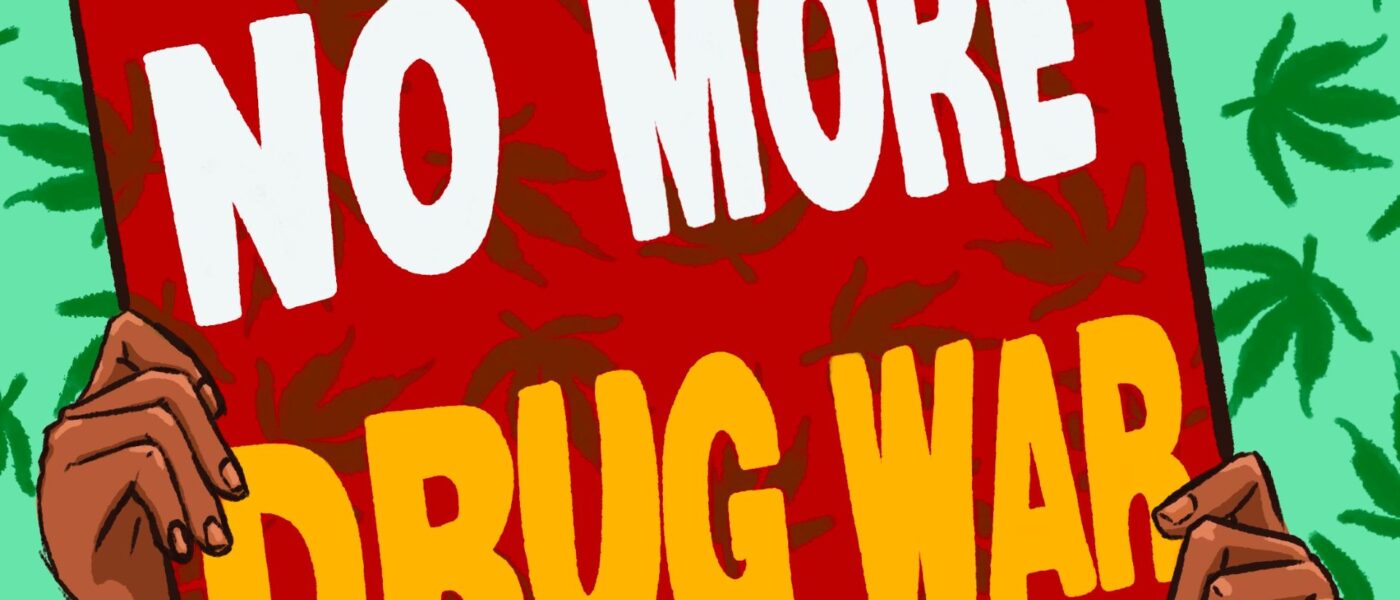The United States Needs To Decriminalize All Drugs
On Oct. 5, President Joe Biden instated a proclamation pardoning all offenses of simple possession of marijuana.
The decision, aimed at all weed charges that didn’t involve the distribution or manufacturing of marijuana, is a monumental step toward reducing the rates of recidivism and drug relapse.
America has had a fraught history with drug abuse, often mishandling the issue in ways that make it increase tenfold.

In the 1970s, President Richard Nixon declared the War on Drugs when he said drug abuse was “public enemy number one.” Since then, succeeding presidents like Ronald Reagan continued to escalate Nixon’s message.
Their approach to ending drug abuse constituted a reform of the criminal justice system to implement long-term sentences for drug trafficking and use.
Approaching the issue like this was a grave mistake. Reagan’s policies in particular have received backlash for being racially motivated.
Under his watch, charges for possession of crack cocaine, which was used more in black communities, became harsher than normal cocaine.
Possession of powder cocaine, commonly used amongst White Americans, took five hundred grams to earn a five-year prison sentence—for crack, it was only five grams.
Today the legacy of the War on Drugs is seen as a failure at virtually every level. It didn’t lower rates of drug production, trafficking or abuse. Instead, it led to overcrowded prisons and the criminalization of the marginalized groups most susceptible to drug abuse.
We should learn from countries like Spain and Portugal, which saw massive improvements after decriminalizing drugs.
Instead of criminalization, Portugal instituted a system in which drug offenses lead to counseling, rehabilitation and community service. The measure also doesn’t create a criminal record for drug users.
Since implementing these measures in 2001, Portugal has seen a decline in drug-related deaths, crime and general drug use.
Spain’s decriminalization efforts are relegated to local regions that act without jurisdiction from the central government.
These regions prioritize treating high-risk drug addicts, such as heroin users while punishing distributors. Some also allow for the existence of “cannabis clubs” through loopholes.
Like Portugal, Spain has seen positive effects in reducing drug abuse and crime because their measures focus on rehabilitation not punishment.
In the United States, the closest example we have to this approach is Oregon, which decriminalized the possession of small amounts of all drugs two years ago.
The state, which is regularly ranked as one of the states with the highest number of drug and alcohol users, hopes the non-punitive efforts often labeled as radical will improve the situation.
Though we are starting to realize the mistakes of criminalizing drug use, we haven’t done enough.
Biden’s policy should have included all marijuana charges, including manufacturing, distribution and all cases of simple possession.
Until we embrace a complete and effective rehabilitative measure, our country will continue to see death, relapse and overpopulated prisons.

